Publications
-
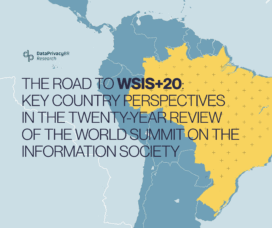
The Road to WSIS+20: Key Country Perspectives in the Twenty-Year Review of the World Summit on the Information Society
This report aims to support engagement in the WSIS+20 process by providing insight into the positions and priorities of selected governments.
read the article -
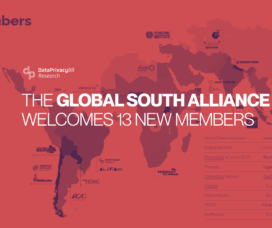
The Global South Alliance welcomes 13 new members
The Global South Alliance is a coalition formed in 2022 with the mission of unifying NGOs dedicated to the promotion of mutual learning and the advancement of digital rights with a perspective from the Global South. In May, the Global South Alliance welcomed 13 new members, reaching the total number of 26 organisations.
read the article -

Job Opening: Digital Librarian
The Data Privacy Brasil makes the notice public with registrations until July 11th.
read the article -
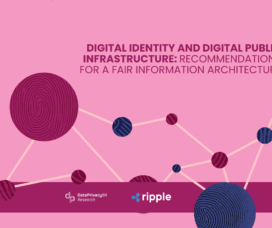
Report | Digital Identity and Digital Public Infrastructure: recommendations for a fair information architecture
Data Privacy Brasil launches its new report entitled “Digital Identity and Digital Public Infrastructure: recommendations for a fair information architecture”. The study examines the impact of a Digital Public Infrastructure (DPI), especially digital identity applications, on the protection of personal data in light of the Brazilian Federal Constitution (CF) and the General Data Protection Law (LGPD).
read the article -

Five-Point Plan for an Inclusive WSIS+20 Review
As stakeholders engaged in the WSIS+20 Review process, organizations sign the petition presenting recommendations to help operationalize the WSIS+20 review modalities in order to ensure transparency, inclusion, and meaningful stakeholder engagement.
read the article -

Data Privacy Brasil contributes to preparations for the World Summit for the Information Society high-level event
The event, which is co-organized by the ITU, UNESCO, UNDP, and UNCTAD, takes place in July, and this March, stakeholders were able to send their suggestions regarding the format and content to be debated, especially in light of the review process.
read the article -

Data Privacy Brasil goes to the Digital Rights and Inclusion Forum (DRIF)
For the third consecutive year, Data Privacy Brasil will participate in the Digital Rights and Inclusion Forum (DRIF). DRIF – formerly known as the Internet Freedom Forum (IFF) – is an annual forum organized by Paradigm Initiative (PIN), since 2013, to be a space for discussions on global issues related to digital rights and inclusion.
read the article -
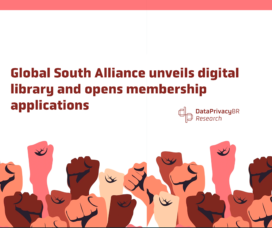
Global South Alliance unveils digital library and opens membership applications
The GSA invites organizations to express their interest in joining the network by completing the application form available until April 24.
read the article -
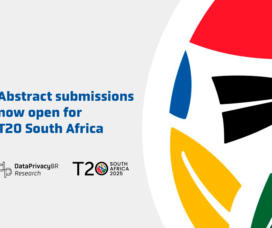
Abstract submissions now open for T20 South Africa
The Think20 South Africa invites researchers from around the world to contribute to a dynamic exchange of ideas on today's most pertinent challenges. The deadline for submitting abstracts is February 10, 2025.
read the article -
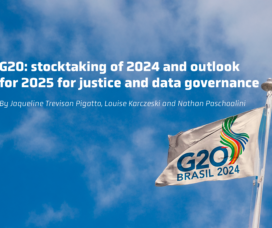
G20: stocktaking of 2024 and outlook for 2025 for justice and data governance
In 2024, Data Privacy Brasil took on a new and exciting challenge: participating in the G20 ecosystem, during the Brazilian presidency, through the official engagement group for think tanks, Think 20 (T20). Check out the text to learn more about Data's work at the G20.
read the article
DataPrivacyBr Research | Content under licensing CC BY-SA 4.0
